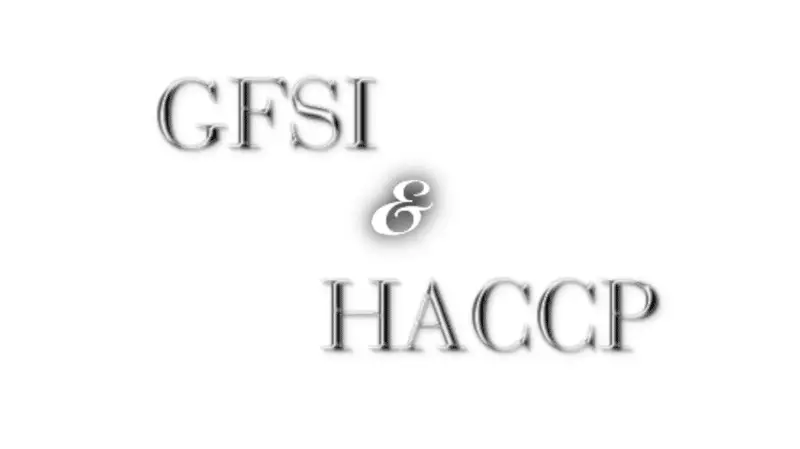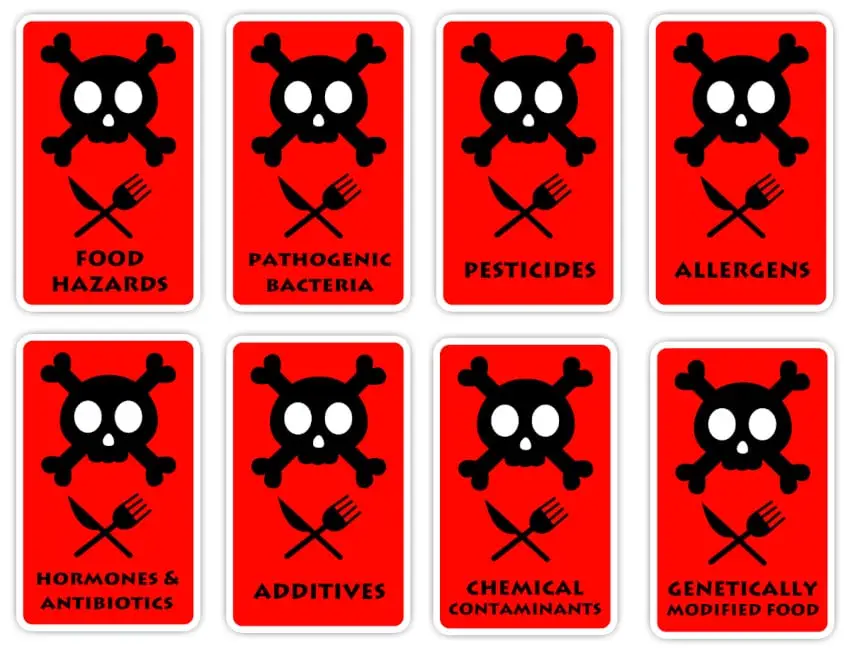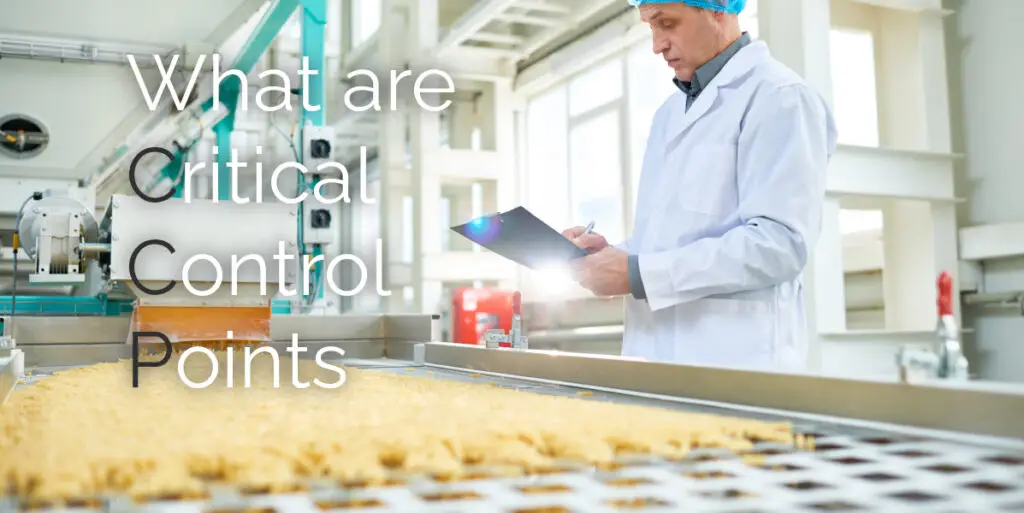GFSI Schemes and HACCP Training

GFSI recognizes different food safety schemes, such as BRC, SQF, FSSC 22000, and IFS, that have been benchmarked against its benchmarking requirements.
How many people working at my company need to be HACCP certified?

Typically, key personnel who are responsible for the development, implementation, and maintenance of the HACCP plan, as well as those who perform critical…
Is HACCP a Law?

HACCP is not a federal law in the United States, but it is a mandatory requirement for certain food products that are regulated by the U.S. Department…
How to Create a HACCP Plan

Conduct a hazard analysis: Identify potential physical, chemical, and biological hazards that could occur at each step of the food production or processing process.
Determine the critical control points (CCPs): These are points in the process where a hazard can be prevented, eliminated, or reduced to an acceptable level
What is a Foodborne Hazards?

A foodborne hazard is any biological, chemical, or physical agent that is present in food and has the potential to cause harm to human health.
What is a Critical Control Point (CCP)?

Identifying and monitoring CCPs is an important part of a food safety management system, such as HACCP (Hazard Analysis and Critical Control Points).
How Did HACCP Come About?

In the 1970s, HACCP was introduced to the commercial food industry by the Pillsbury Company, and it was further developed by the National Aeronautics and Space Administration (NASA) and the U.S. Army. The system was first applied to the meat and poultry industry, but it quickly spread to other food industries such as seafood, juice, and dairy.
Can I use HACCP at Home?

HACCP is typically used in commercial food production and preparation, but the principles of HACCP can be applied to home food safety as well. The goal of HACCP is to identify and control potential hazards in the food production and preparation process in order to ensure the safety of the food. While the specific steps of HACCP may need to be adapted for use in a home kitchen, the basic principles can still be applied.
What are the 12 Steps of HACCP?

HACCP, which stands for Hazard Analysis and Critical Control Points, is a systematic approach to food safety that is used to identify and control potential hazards in food production and preparation. The 12 steps of HACCP are as follows:
What are the 7 Principles of HACCP?

These 7 principles are a guide and should be tailored to the specific facility and operation. Also, it is important to validate the plan and review it frequently to ensure it still meets the requirements and it still effectively addresses the hazards.
